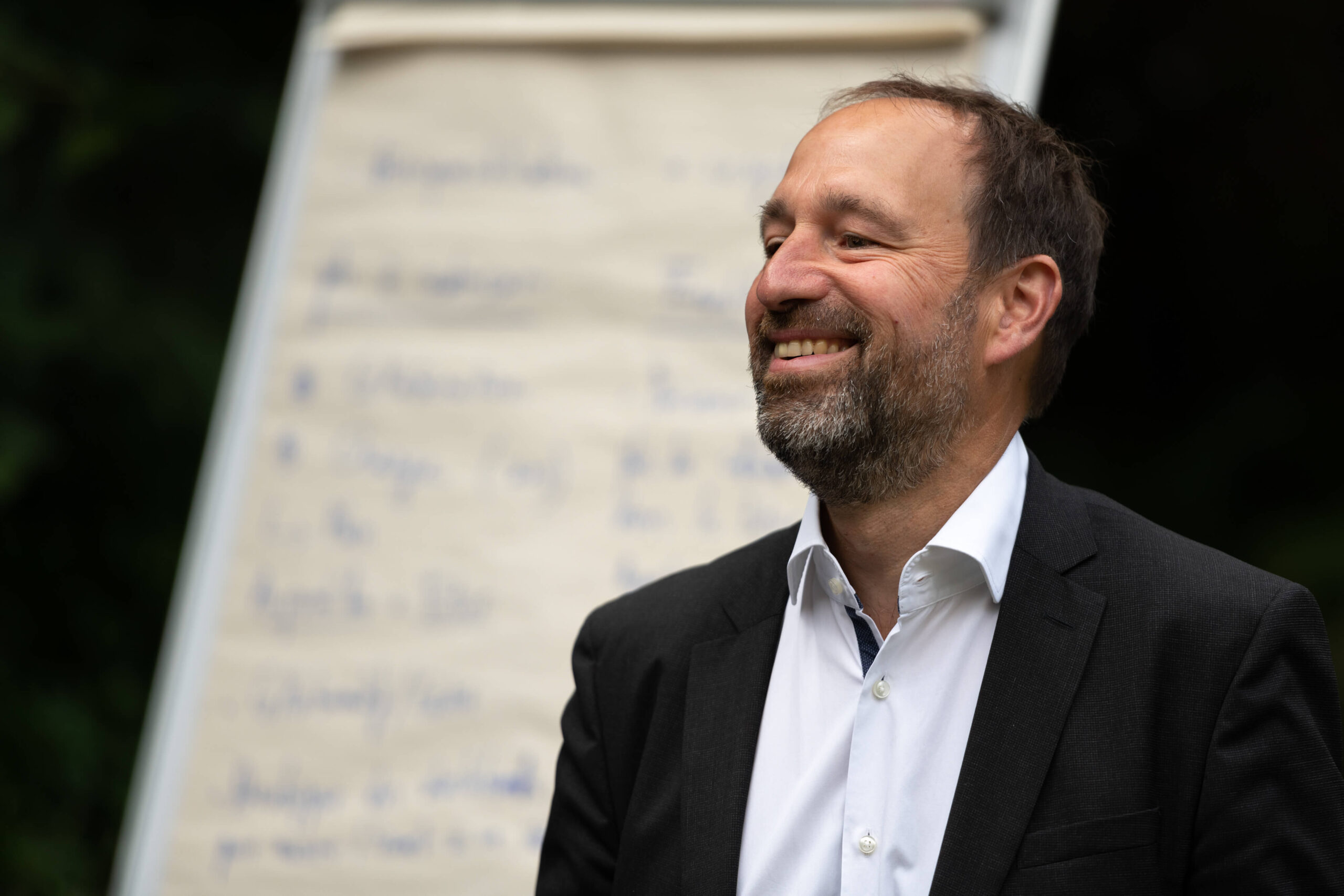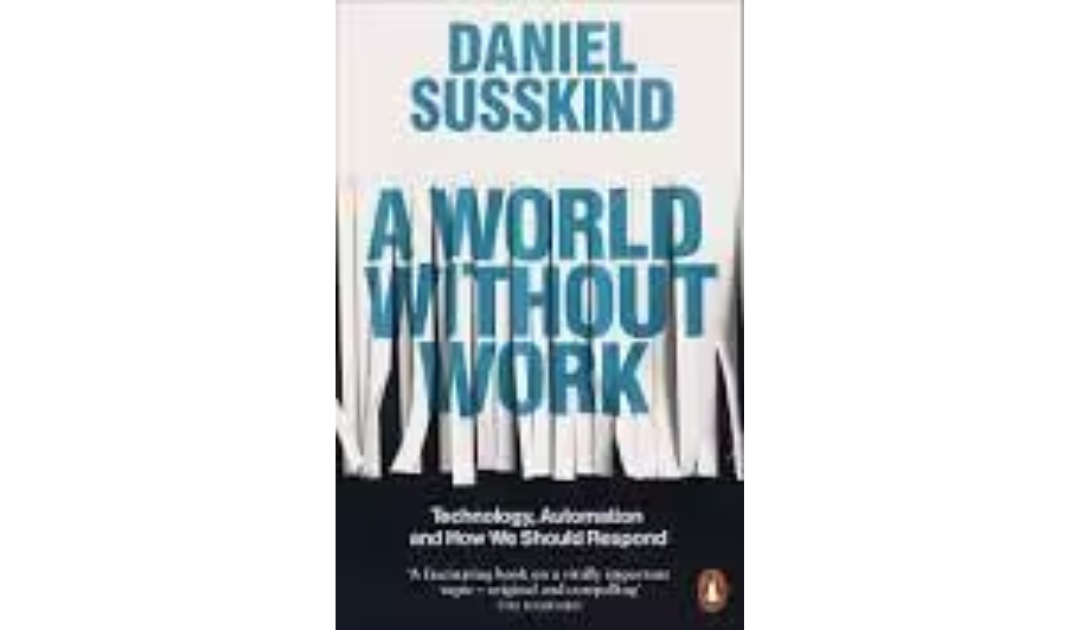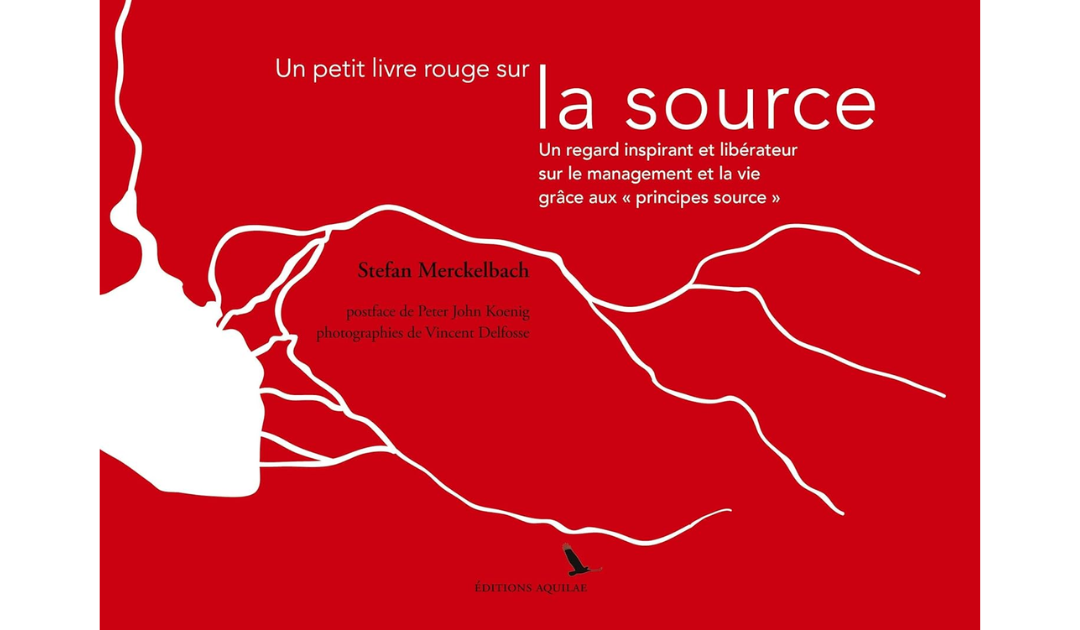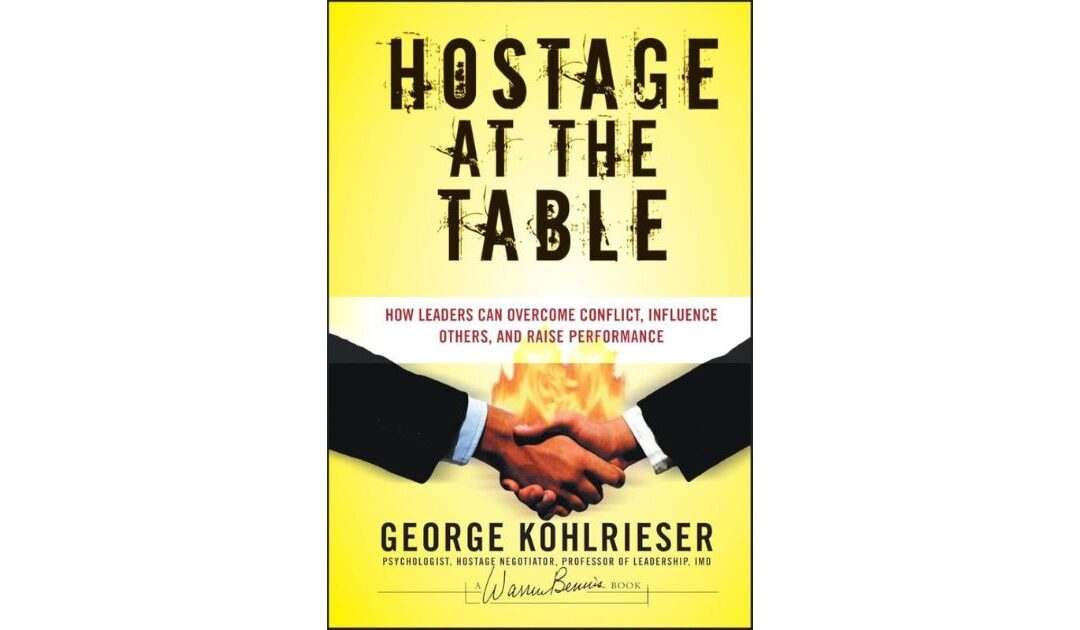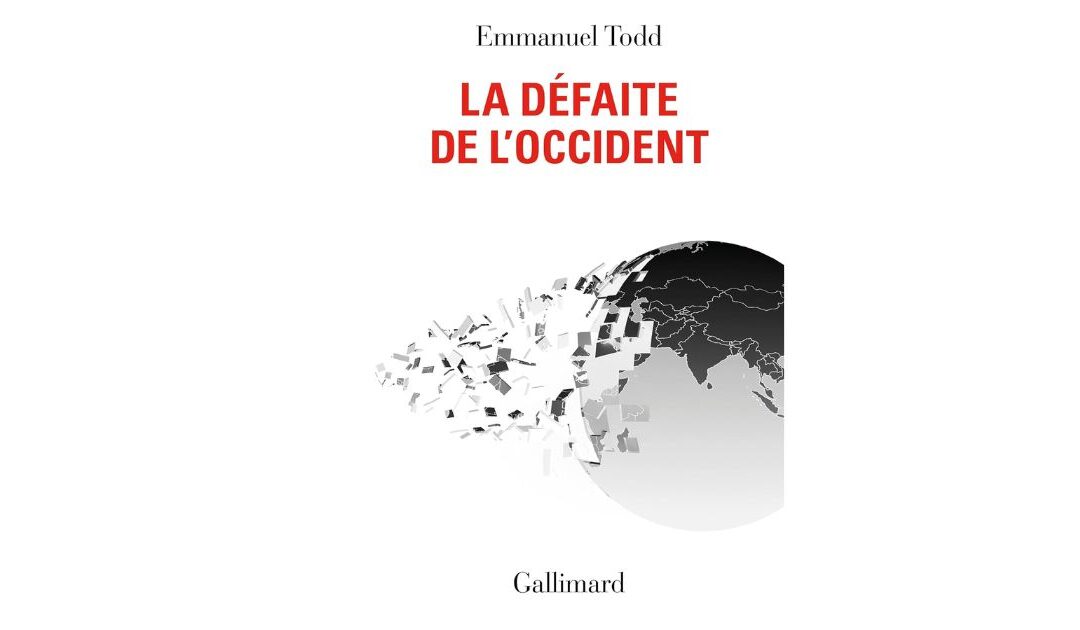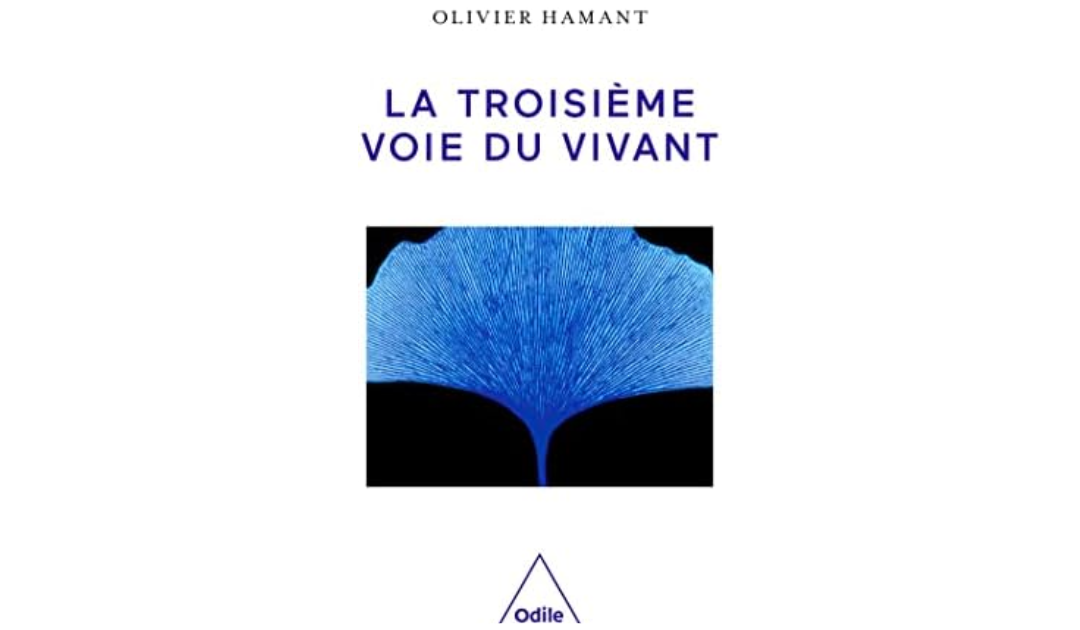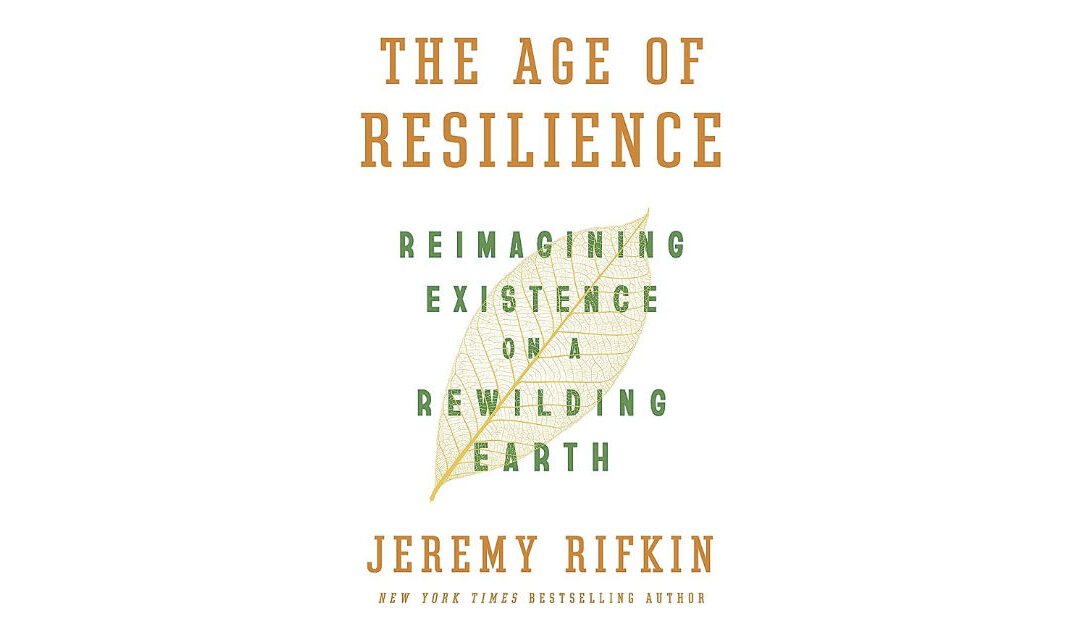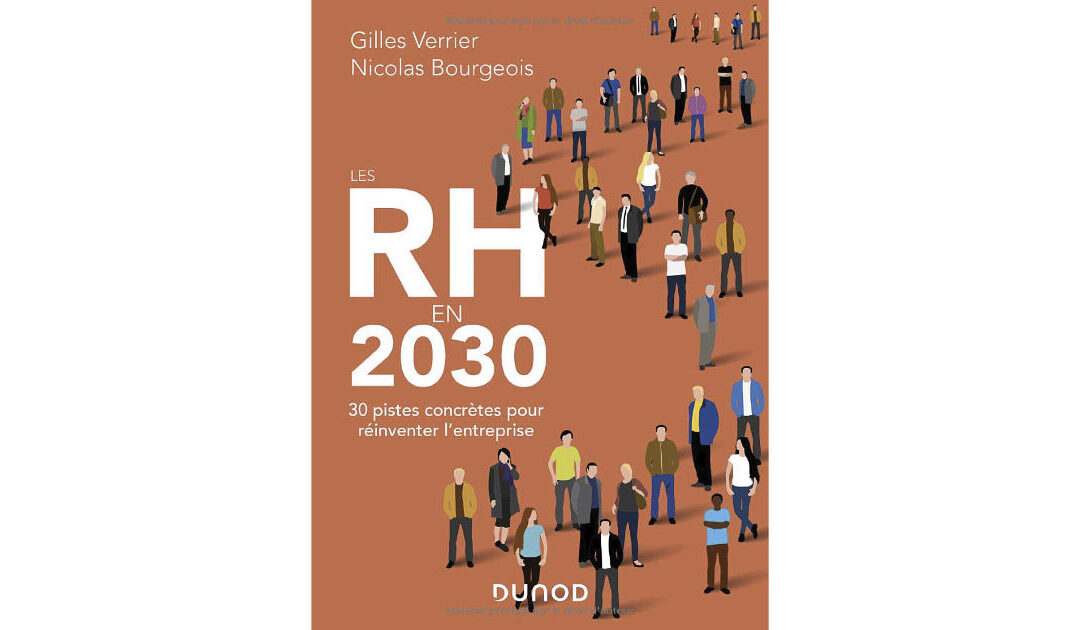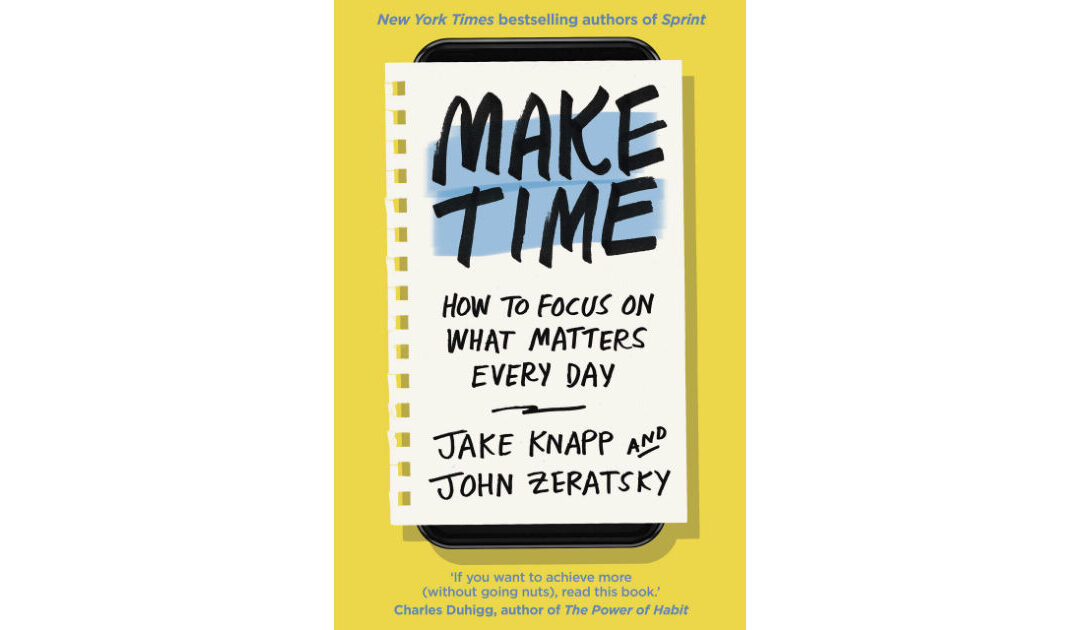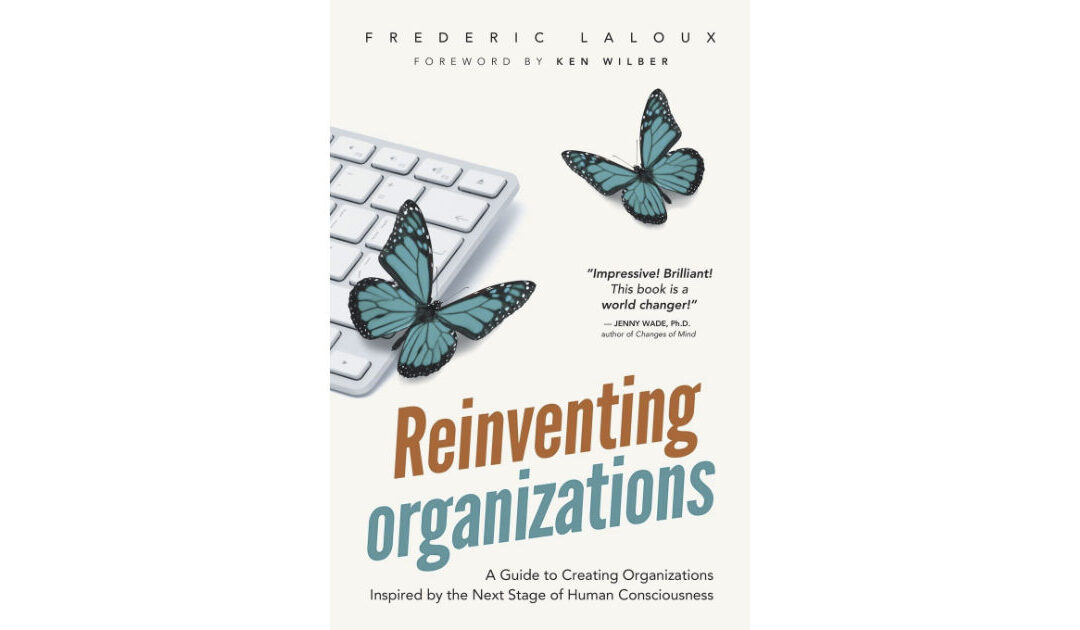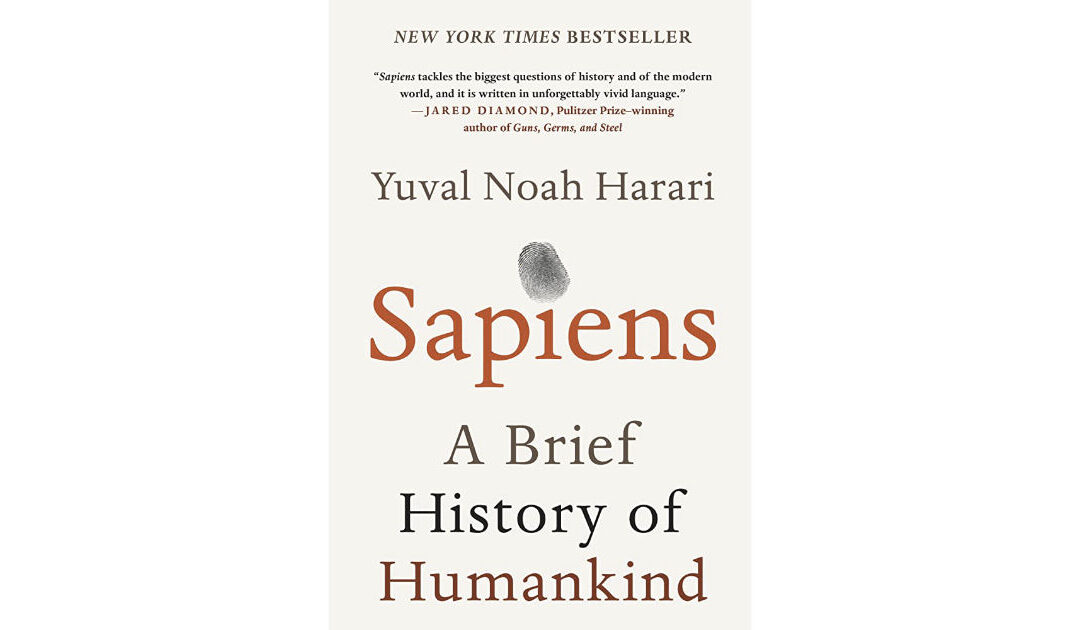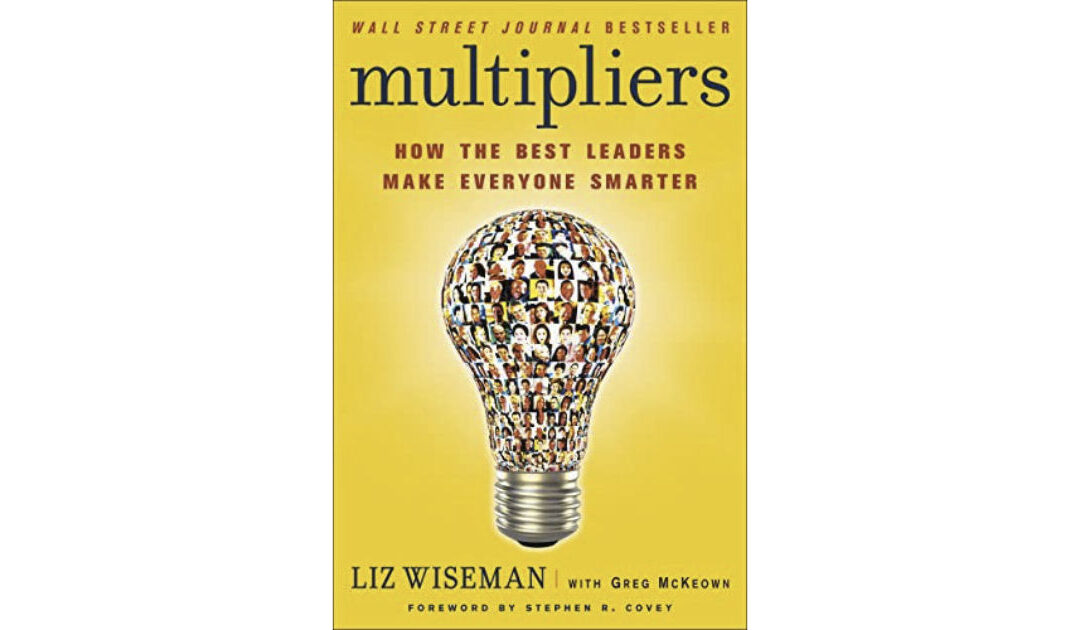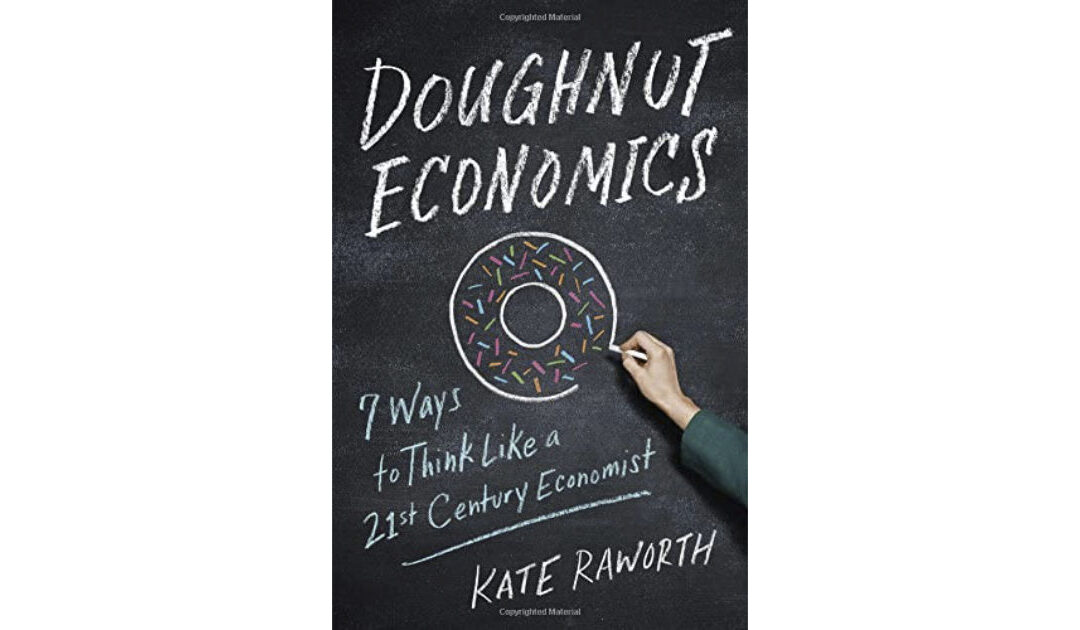References and inspirations
Creating business value without depleting resources?
THE IMPERFECT COMPANY DARES TO BREAK THE MYTH OF ABSOLUTE PERFORMANCE
Sports competitions are a tribute to hyper-performance. Within our companies, sports athletes serve as role models to inspire management teams, applying the techniques and recipes of sports performance to shape corporate athletes: objective, performance, effectiveness, efficiency, optimization are the watchwords.
But at what cost? Our organizations, like those athletes whose hyper-performance is ephemeral, cannot be continually put under stress, remaining at optimum performance without burning out over the long term. Let's dare to explore the idea of the imperfect company, creating value without exhausting its resources.

The war for talents, a false good idea
COMPANIES DO NOT OWN THEIR TALENTS
In a society with an inverted demographic pyramid, accelerating technology and where the younger generations (and more) are profoundly changing their relationship to work, the shortage and obsolescence of talent is a major concern for many companies. Poorly armed, the latter have seized on the notion of the talent war at lightning speed to better protect their territory.
How about a change of strategy? As with other types of resources, resource pooling and the sharing economy are proving to be genuine strategies for building a resilient, progressive economy that creates value for all parties.
So why do Human Resources continue to focus on the ownership of talent rather than on accessing and mutualizing it?
A culture of autonomy, from HOW to WHY
BEYOND THE RULES, THE SPIRIT OF THE RULES
How many employees have not cursed at times the rules or decisions imposed, for which nobody is responsible and behind which some hide? These decisions, reactions or attitudes turn out to be absurd and unsuited to the situation, leading to disengagement and a sense of disempowerment of the employee.
Gone are the days when employees carry out their activities in accordance with procedures and standards, based on an order or instruction. Faced with the new economic and societal narrative, HR must promote and embody a culture of autonomy, critical thinking and innovation. A culture that encourages local decision-making in the service of the common project.
Starting with HR processes.
Dare to trust!
TRUST, THE SOIL THAT NURTURES AND STIMULATES SUSTAINABLE COLLECTIVE PERFORMANCE
Almost all leaders are assessed on their financial results. Very few are evaluated on their ability to develop a climate of trust.
As a catalyst for collective energy, trust enables excellence, because it imposes a virtuous circle of improvement to become better. It is by developing this climate of trust that everyone will feel secure enough to be authentic, innovative and enterprising. The leader's responsibility is to cultivate trust as a core value in organizations: trust in oneself, trust in others, trust in the project.
Our Companies Suffer from Individualism
COLLECTIVE PERFORMANCE BEYOND INDIVIDUAL PERFORMANCE
Wielding both the stick and the carrot, many companies hang on to a performance management process rooted in individualism and in the rigidity of accounting exercises. What if we valued talent in the service of the shared project?
Meetingitis, a curable disease
THE ENERGY OF MEETINGS, THE PULSE OF THE ORGANIZATION'S COLLECTIVE PERFORMANCE
The energy that circulates within meetings is indicative of collective performance Why is it then that meetings are often experienced as a painful and incurable disease? Let's transform our meetings into moments of energy that create value.
Let’s stop recruiting, let’s hire engaged talents!
TALENT IN SEARCH OF THE RIGHT ENVIRONMENT TO THRIVE
Talent, that unique thing that one person does better than another, seeks the environment that will allow it to flourish. It is therefore the talent that recruits its company. When recruiting, let's focus on dialogue, authenticity and balance rather than on interviews, screening and power struggles.
We chose the wrong leader!
LEADERSHIP, THE CHALLENGE OF THE COLLECTIVE
We expect the leader to be a perfect ideal: decision maker, exemplary, inspiring, strategist and organizer. What if we forget about this leader god who maintains a culture of ego and individualism to tap into the power of the collective?
Silos, these relational gaps
TO BREAK THE VERTICALITY OF ORGANIZATIONS, LET'S TAKE CARE OF HUMAN RELATIONSHIPS
In small or large companies, relational silos prevent us from collaborating as we should and relegate the shared project to the background. Sometimes considered as a nuisance to the smooth running of the company, let's value human relationships at the centre of organizations to build innovative companies.
This VUCA devil
WE CALL OURSELVES AGILE? LET’S LIVE AGILE
Like a devil that bursts out of the box where it had been carefully confined, the term VUCA is on everyone's lips. What strategies should we adopt today facing volatility, uncertainty, complexity and ambiguity? We remain anchored in control to master our environment. Let's cultivate our natural ability to adapt.
Exploration in Datagonia
DECODING OUR BEHAVIORS WITH OUR TOOLS, BASED ON ARTIFICIAL INTELLIGENCE
Employee experience, employer branding, retention and loyalty, attractiveness, Employee Net Promoter Score ... Human Resources are gradually adopting the language and techniques of marketing. The use of data on customer behaviour and artificial intelligence have revolutionised marketing. Will the use of data on employee behaviour also fundamentally impact the way in which their needs are addressed within the company? With what intentions?
A STORM IS BLOWING AT THE HEART OF OUR COMPANIES
BETWEEN RESOURCE AND TALENT: IN SEARCH OF A NEW BALANCE
Within companies, there has never been so much talk about meaning and commitment. It is at the top of the agenda of any organization. Paradoxically, we have never seen so many departures, burn-outs, long-term illnesses and questioning of meaning. Talent is shaking up the agenda, much to the disappointment of companies. The COVID crisis has accelerated the projection of companies into the 21st century and opened new fields of possibility.
The feeling of belonging, why, for whom?
SETTING NEW BENCHMARKS
By talking so much about the search for meaning, some people would almost feel abnormal not to have their crisis. In the relationship with the company, the feeling of belonging, the sharing of common values, identification, pride, contribution. Is this a universal need for fulfilling work or a necessity to re-establish shared reference points?











